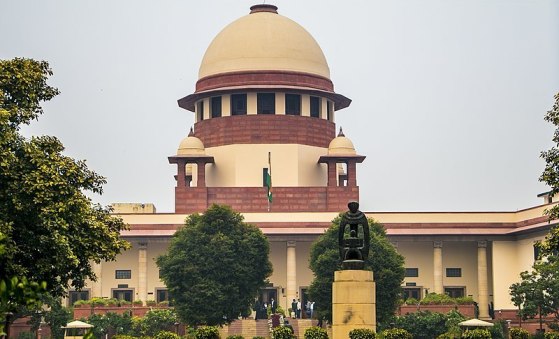More than 700,000 South African children aged 14 years and younger are HIV–positive, according to figures reported yesterday.
A survey by the Human Sciences Research Council found that the Aids epidemic was as widespread among the country's young as in the population at large. An estimated 5.7 million of South Africa's 45 million people are infected with the virus, giving it the largest HIV–positive population in the world.
"These are shocking figures that highlight the urgent need to get effective treatment to our young people," said Rukia Cornelius, a spokeswoman for the Treatment Action Campaign (TAC). The survey is expected to add to pressure on the president, Thabo Mbeki, to improve efforts to prevent and treat the disease. Mr Mbeki's government has been widely criticised for reacting too slowly to the Aids crisis.
The survey found that 5.4% of two to 14–year–olds were HIV–positive, compared with 5.3% of the total population. Among two to nine–year–olds the infection rate was 6.7%.
The younger children are believed to have contracted HIV from their mothers, and the older through sexual abuse.
Olive Shisana, the study's chief researcher, told ThisDay newspaper the risk among children had been underestimated. "It appears that children run a much greater risk of contracting the disease than previously thought," she said.
The survey also showed that 3.3% of children between two and 18 had lost one or both parents to Aids. The UN estimates the disease has orphaned 660,000 South African children.
Black youngsters are the hardest hit, with almost half of those infected living in poverty, according to the report.
The infection rates are higher for children in "informal settlements", the term used for squatter camps on the outskirts of major cities.
It said many children were living in high–risk environments where they were threatened with sexual abuse at home, in schools and in their neighbourhoods. TAC, an organisation which lobbies for life–saving treatment for people with HIV, said transmission of the virus from mother to child could be drastically reduced with drug therapy.
"Two years ago we won a court case ordering the government to provide ARVs [anti–retroviral drugs] to pregnant mothers to reduce mother–to–child transmission and yet we still have this terrible rate," Ms Cornelius said.
Mr Mbeki's government began providing the drugs through a few state hospitals early this year. The provision of the treatments remains limited, although authorities say it is growing.
Source; The Guardian




